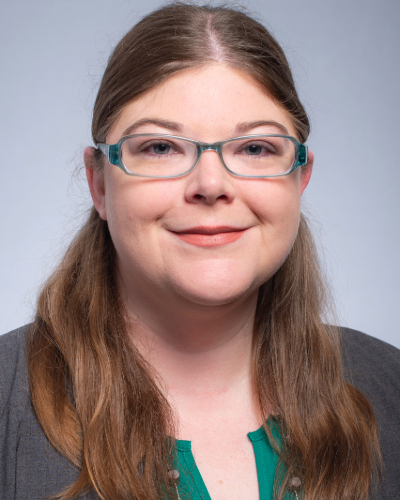 Earlier this year, M.K. Sewell-Loftin, Ph.D., was honored with the esteemed American Cancer Society Research Scholar Grant for her groundbreaking research on triple-negative breast cancer (TNBC). This significant award recognizes her innovative work aimed at improving understanding and treatment of a subtype that accounts for 15-20% of breast cancer cases and often leads to poorer prognoses compared to other forms.
Earlier this year, M.K. Sewell-Loftin, Ph.D., was honored with the esteemed American Cancer Society Research Scholar Grant for her groundbreaking research on triple-negative breast cancer (TNBC). This significant award recognizes her innovative work aimed at improving understanding and treatment of a subtype that accounts for 15-20% of breast cancer cases and often leads to poorer prognoses compared to other forms.
"We believe the limitations in our knowledge and current treatment plans are due to how little we know about the biomechanical regulation of the tumor microenvironment," Sewell-Loftin said. "There are numerous cell types that are actively moving around and remodeling the matrix near tumor cells, and these biomechanical forces may influence tumor cell growth."
Her research focuses on uncovering how biomechanical features near tumors may promote growth and contribute to drug resistance. Utilizing a novel in vitro system, she cultures tumor cells alongside other tumor-associated cells within three-dimensional microtissues. This innovative approach allows for the generation of vascular networks that closely mimic either healthy or cancerous tissues, providing a more accurate representation of the native tumor environment.
"Our previous work showed that cancer-associated fibroblasts (CAFs) are more mechanically active compared to normal fibroblasts; the CAFs generate matrix distortions or strains that can affect nearby cancer cells," she explained. "We have demonstrated that these biomechanical forces caused by CAFs actively enhance the growth of blood vessels, which is a key step in tumor progression."
The grant supported Sewell-Loftin's investigation into how the mechanical activity of CAFs influences breast cancer migration and growth, specifically targeting Vascular Endothelial Growth Factor Receptor-2 (VEGFR-2). This receptor is associated with worse prognoses in TNBC patients, and current therapies targeting it have shown limited effectiveness.
By revealing how biomechanical forces regulate VEGFR-2 signaling and demonstrating the limitations of existing therapies under these conditions, Sewell-Loftin's work promises to provide novel insights into TNBC progression. Her research could highlight new targets for developing strategies to improve patient outcomes.
The entire community celebrated Sewell-Loftin's achievement earlier this year and continues to eagerly anticipate the impactful advancements her work will bring to the fight against triple-negative breast cancer.